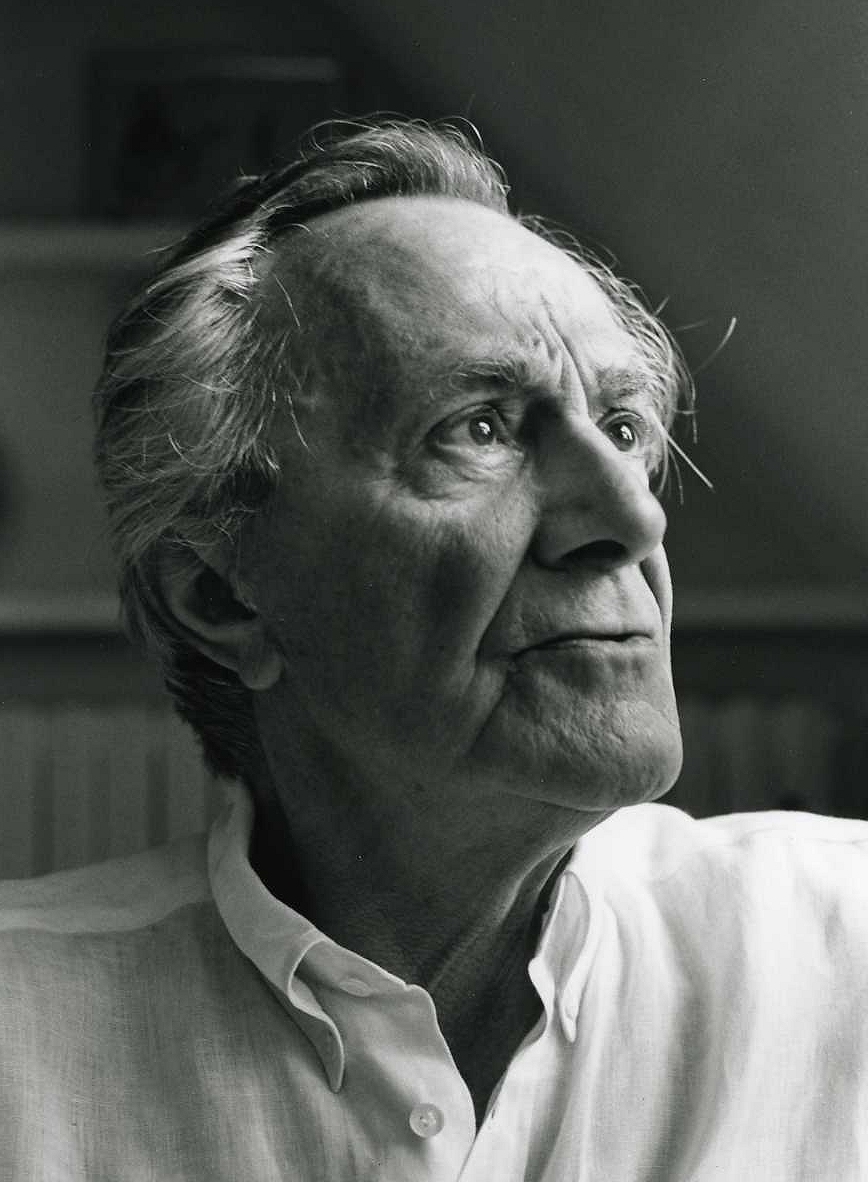Jean-François Lyotard − francuski filozof, przedstawiciel postmodernizmu. Uznawany za ojca tego kierunku i często określany mianem „papieża” postmodernizmu.
W latach 50. XX wieku związany z grupą Socialisme ou barbarie – młodych, zbuntowanych marksistów, którzy dostrzegali fiasko radzieckiej wersji komunizmu w wymiarze politycznym i społecznym. Wykładowca na słynnym uniwersytecie Sorbonne Paris VIII , skupiającym takich myślicieli jak Michel Foucault czy Gilles Deleuze.
Jako jeden z niewielu intelektualistów zaliczanych do przedstawicieli postmodernizmu nie odżegnywał się od określania go mianem „postmodernisty”, jak zwykli czynić na przykład Michel Foucault czy Umberto Eco.
Myśl Lyotarda trudno poddać systematyzacji. Jest autorem między innymi książki Kondycja ponowoczesna. Raport o stanie wiedzy , tekstu niezwykle ważnego dla kształtowania się tożsamości postmodernistycznej. Ogłosił w tej książce upadek „wielkich metanarracji oświeceniowych”: wyzwolenia racjonalnego podmiotu i historii jako rozumnego postępu. Uważał, że obie te narracje współcześnie się wyczerpały i że ich uniwersalistyczne postulaty stoją w sprzeczności z tendencją do wielokierunkowości, pluralizmu, które cechują świat po drugiej wojnie światowej.
Wikipedia
✵
10. Sierpień 1924 – 21. Kwiecień 1998
